INTERVIEWS
Transforming conventional investment practices in Japan through the democratization of alternative investments: A closer look at LUCA’s vision for an “alternative investment platform from Japan”
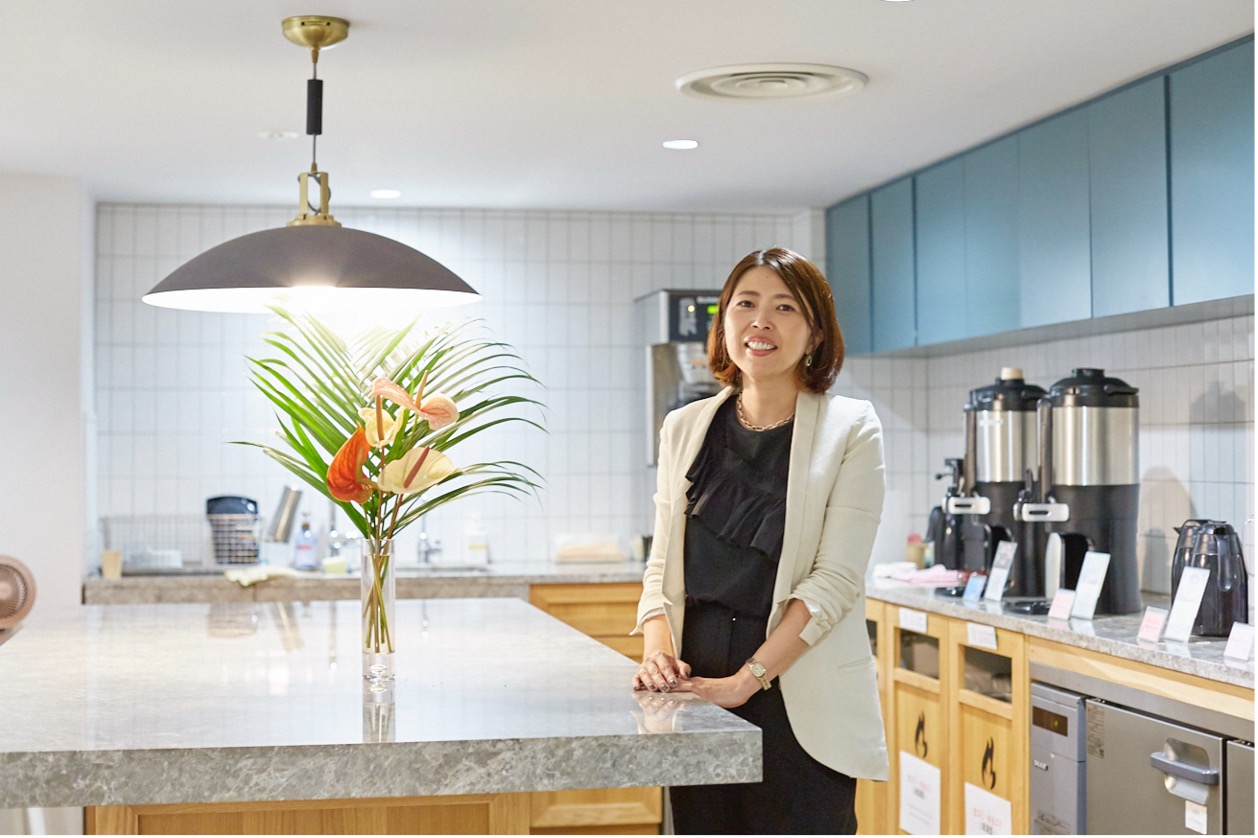
Since 2020, “alternative investments” have been attracting attention as an investment method that replaces traditional assets such as stocks and bonds. In today’s increasingly uncertain market conditions, alternative investments with risk-return characteristics that are different from traditional markets have become leading investments for risk diversification across portfolios.
LUCA Japan Company, Limited (hereafter LUCA https://www.luca.inc/) seeks to open new doors in the world of investment by offering this alternative market, which was previously limited mainly to institutional investors and the ultra-wealthy class, to a wider range of general investors through digital technology. We spoke to Keiko Sydenham, co-founder and CEO of LUCA, about the current state of alternative investments and LUCA’s prospects.
The continuously expanding field of “alternative investments”
Q: Tell us about alternative investments.
As the word suggests, “alternative” refers to new investment targets and methods that replace traditional assets such as listed stocks and bonds. In the extreme sense, all investments not included in traditional assets can be considered alternative investments.
Q: What financial products are actually traded as alternative investments?
The most common types being traded are PE funds, hedge funds, and venture capital that handles unlisted stocks. Real assets, such as real estate and infrastructure including airports and bridges, are also included. Moreover, recently, artworks, luxury watches, and wine have also been viewed as alternative investments, so the scope covered is expanding.
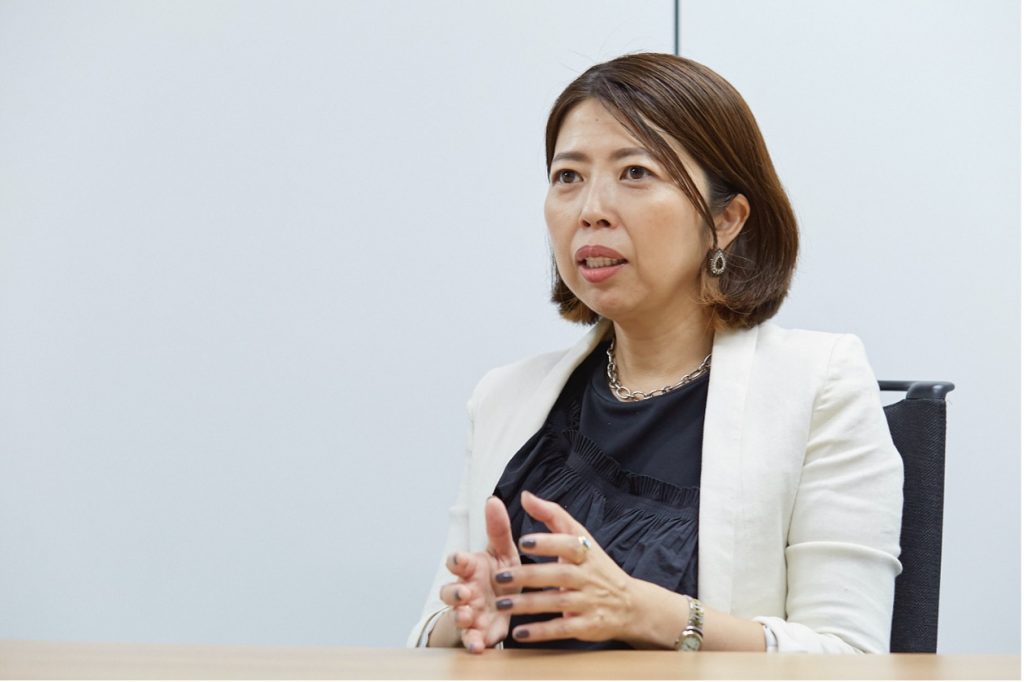
Q: What are the benefits of alternative investments?
Alternative investments do not have an open market to begin with. With listed stocks and bonds, returns fluctuate significantly depending on the market conditions, but the correlation between alternative investments and the open market is perceived to be low. They also have a medium- to long-term investment period, ranging from five to ten years, and are characterized by low liquidity. Professional knowledge is deemed to be required when investing.
Q: So, if it weren’t publicly trading, it would be difficult to invest. Incidentally, what would be the minimum investment amount?
At least 10 million dollars, or about 1.5 billion yen at the current exchange rate. Only a limited number of players, such as institutional investors, have been able to participate in alternative investments.
Q: What type of players actually participate in this market other than institutional investors?
Typical examples include family offices and foundations run by the ultra-wealthy class.
Meanwhile, the “democratization” of alternative investments is underway mainly in the United States and other countries, and there is also a movement to make investments smaller and to shorten the period during which investment funds are locked up so that they can be liquidated. It is believed that more players will be able to participate in the market due to this trend.
In Japan, there is a movement to target the semi-wealthy class with assets of 50–100 million yen and even the so-called “affluent” with assets of 30–50 million yen.
So that investment does not turn into “gambling”
Q: How do you perceive the investment environment surrounding alternative investments in Japan?
With the launch of the new NISA, interest in investment is increasing. Awareness about alternative investments is also gradually becoming widespread, and we seem to be heading toward a favorable trend.
Meanwhile, most Japanese people invest in “stocks.” Moreover, they dabble in stock trading without following the basic principles of investments, and hence, the perception that it is a form of “gambling” cannot be erased.
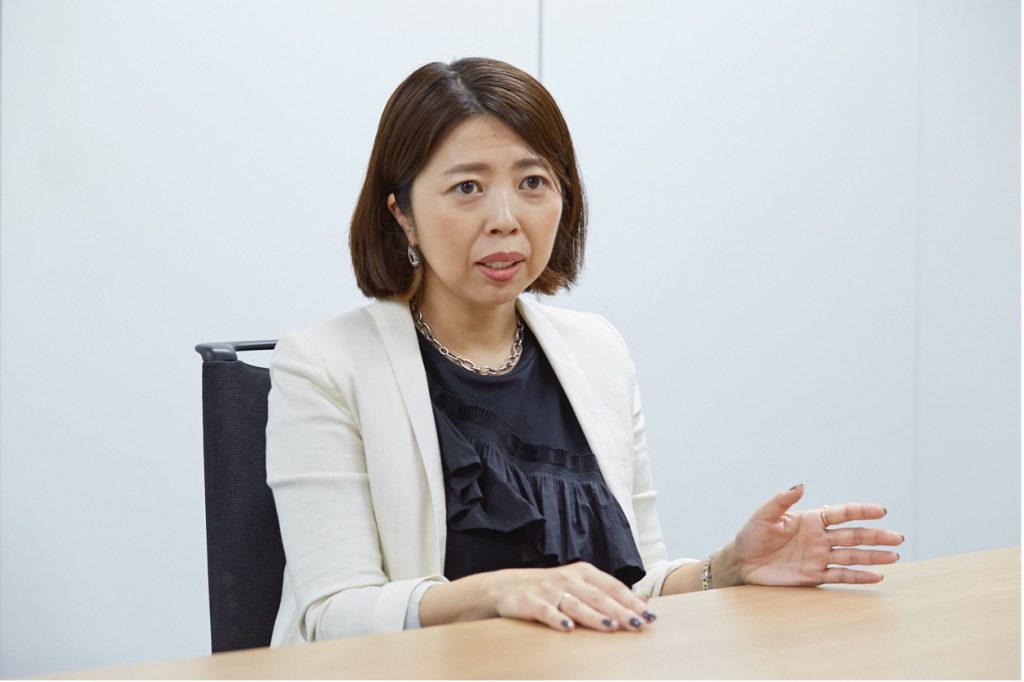
Q: What are the basics of investment?
It involves “long-term perspective” and “diversified investment.” What’s important is how you allocate the funds you have on hand to build your portfolio. This is how professionals invest. However, presently, in Japan, there are many cases of people concentrating their investments on specific stocks, the “winning stocks,” without understanding the basics.
Q: Japan’s low financial literacy has been a problem for a long time. This may be because
If people make short-sighted investments without keeping the basics in mind, they become quickly exhausted if the market fluctuates significantly.
Ideally, the average individual investor, particularly those who are too busy with work to keep a close eye on the market, should avoid taking unnecessary action. The most important thing is to build “a portfolio that will help you sleep soundly at night.” We, at LUCA, want to provide the means to achieve this through alternative investments and digital technology.
Q: What is your perception of the level of awareness Japanese investors have regarding alternative investments?
It feels like it’s been gaining recognition gradually over the past two years or so, partly because securities companies have started offering them in partnership with investment companies. However, certain aspects of the operations of existing securities companies have remained analog, and I am concerned that this may hinder the expansion of alternative investments, especially among the younger generation.
Making alternative investments more accessible digitally
Q: We’ve talked about the premise of alternative investments thus far. Can you please introduce LUCA once again?
It has been four years since our company, LUCA, was established. It is managed by its three founding members and has about ten employees. Our office in Japan is here in FINOLAB, and we have also opened another office in Singapore to connect with the financial industry in the rest of the world.
LUCA provides a platform that enables users to make alternative investments online. We promote our business under the slogan, “delivering world-class, high-quality funds to a wider range of investors through a digital platform that provides a one-stop shop for complex investment processes.”
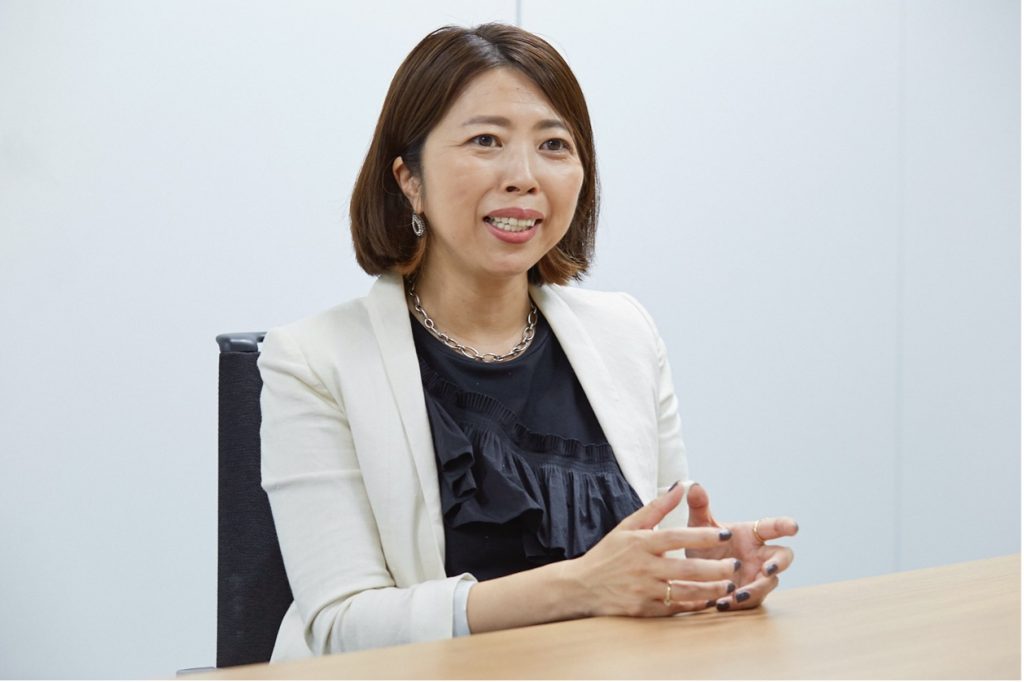
Q: What can your company’s online platform do?
As an “alternative investment platform from Japan,” its features include enabling investors to complete the essential processes for alternative investments online, from opening an account, verifying their identity, and screening, to investing in funds curated by our company. Its features also include reporting and comparing multiple funds based on asset class, strategy, and region.
Through this, investors can obtain permanent investment information and make decisions quickly.
Q: Tell us about your target market.
Aside from industrial companies and foundations, we target individuals belonging to the wealthy class in their 20s–50s. This is also what makes us different from other companies.
The customer base of securities companies and independent financial advisors (IFA) primarily comprised those in their 60s and older, who are not a generation actively using digital technology.
Meanwhile, LUCA differentiates itself from its competitors by attracting the relatively young and wealthy class who are well-versed in digital devices. Those in their 20s–50s routinely use digital devices like smartphones. Furthermore, most of them take the initiative to understand the state of their assets and make decisions when they want to. Analog communication methods such as making telephone calls and drinking together, which were traditionally carried out by securities companies, are not preferred, and their emphasis is on the “effectiveness of time spent.” Hence, I believe the service that our company offers, which enables all processes to be completed online, can be adopted.
At the same time, we are segregated from the main customer base of securities companies and IFAs, so we are not their competitors at all, but instead, we can become a group that collaborates together.
Q: Has the service already been launched?
The platform is actually already up and running, and users can choose a fund to invest in. Collaboration with partner companies focusing on funds is also underway.
“Benefits of FINOLAB” in terms of both hardware and software
Q: Please tell us how you came to move into FINOLAB.
It all started when my co-founder introduced me to it. Upon hearing that “FINOLAB was synonymous to FinTech,” we moved into their headquarters.
Q: What are the benefits of moving into FINOLAB?
First, we were able to move smoothly into a private office. Due to the nature of our business, tight security is essential. Having a private office is a must.
Having the offices of our partner companies nearby is also a huge deal. Since they’re nearby, we can hold small meetings in person. We benefit from being located in Otemachi.
Q: You also received investment from FINOLAB.
They have an in-depth understanding of our company, the financial business, and technology, and they gave us thought-provoking comments. They ask, “How are things doing?,” which demonstrates their concern for us, and I am satisfied with the environment at FINOLAB, including the opportunity to network with other neighboring companies.
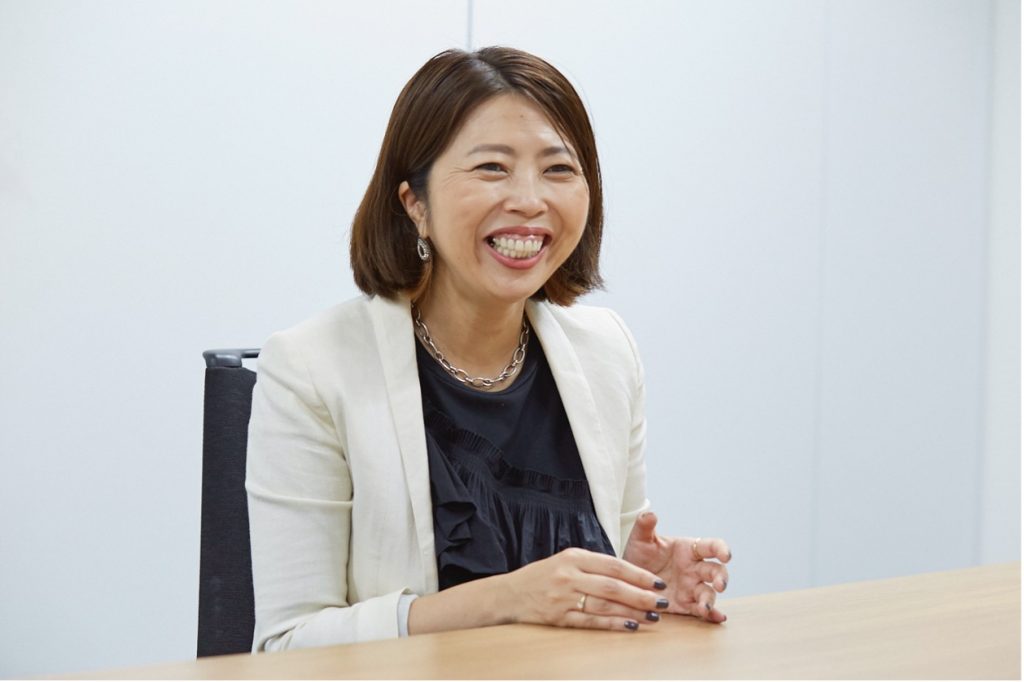
Q: Tell us about your future outlook for LUCA’s business.
Our registration for Type II Financial Instruments Business was completed in July 2024, and we now have in place an environment ready for full-fledged business development. However, although awareness of alternative investments is increasing, investors who have entered the market are still very few. That is why we believe there is a need to promote marketing, raise awareness about alternative investments even further, and educate people with accurate knowledge.
The platform is also being updated as needed. We want to accelerate initiatives such as investment performance visualization and the use of blockchain technology. Since Japan is a latecomer in this field, it has the potential to quickly move ahead by utilizing the latest technology. Our company believes in this potential, and we would like to establish a new standard for alternative investments not only in Japan but also in the global market.
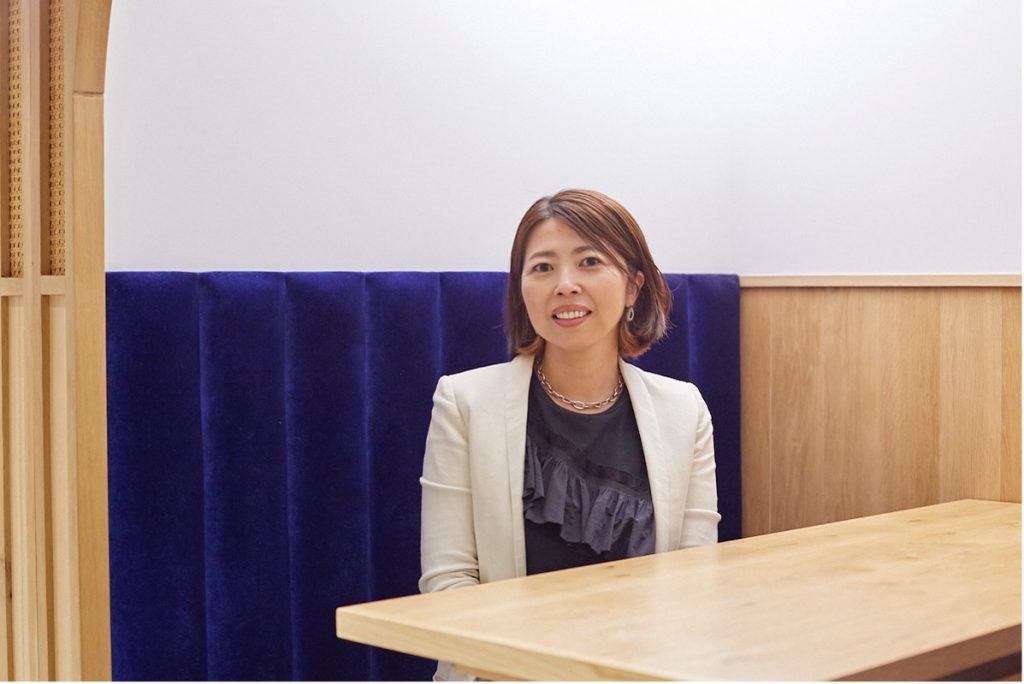
企業情報
luca.inc
- CEO
- Keiko Sydenham
HEAR MORE
-
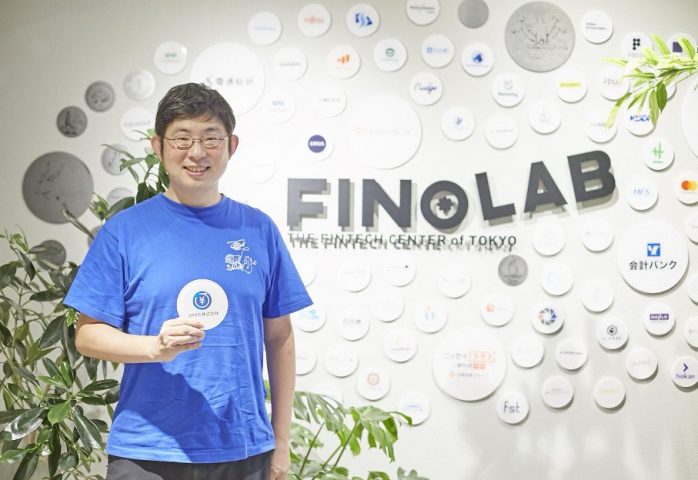
JPYC Inc.
How Stable Coins Are Transforming Society: Innovation Envisioned by JPYC at FINOLAB
-

Ecrowd Inc.
“Ecrowd,” an equity crowdfunding that connects startups with individual investors. Taking full advantage of FINOLAB to design a “sustainable triple-win” world
-
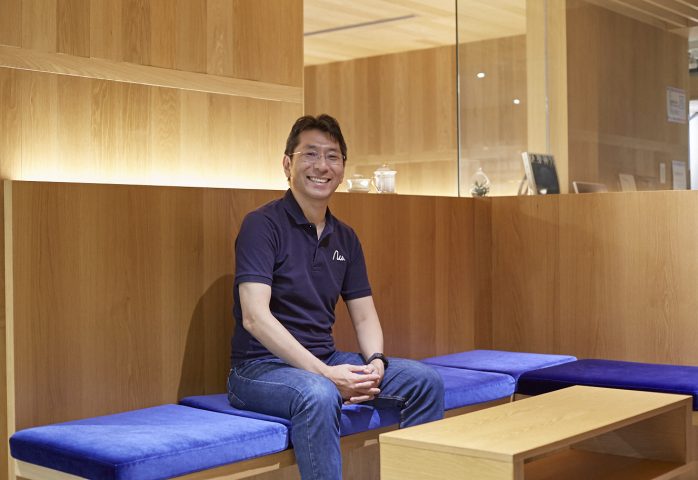
Nudge Inc.
Innovations of “Nudge,” a credit card that encourages cashless payments among the younger generation: Creating the financial experience of the future courtesy of FINOLABInnovations of “Nudge,” a credit card that encourages cashless payments among the younger generation: Creating the financial experience of the future courtesy of FINOLAB